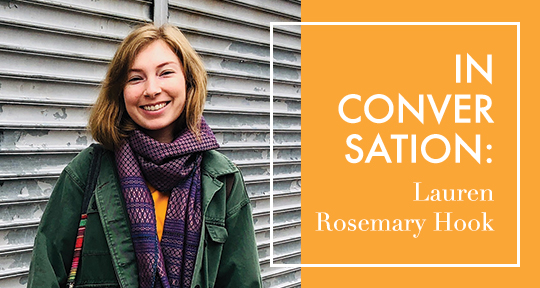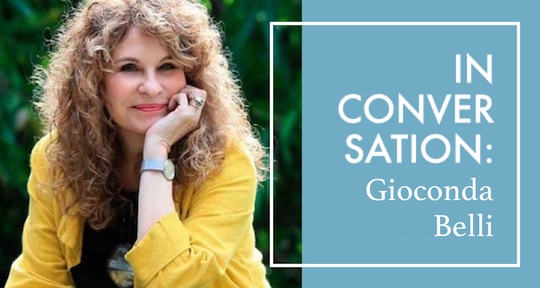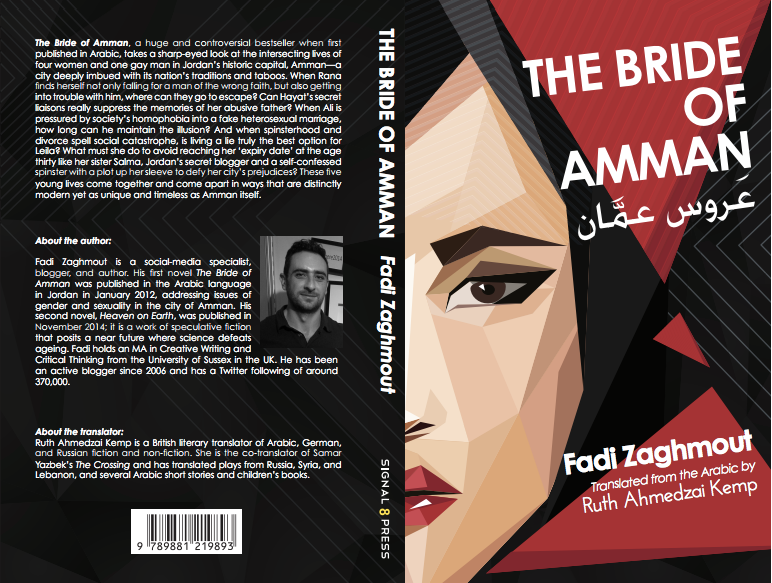Since 1970, Feminist Press has made it its mission to publish marginalized voices and authors writing about issues of equality and gender identity. From the start, founder Florence Howe focused on publishing works in translation from around the world alongside feminist classics by local writers. Almost fifty years later, the press’s catalogue continues to reflect these priorities. Senior editor Lauren Rosemary Hook spoke to Sarah Moses, Asymptote’s Editor-at-Large for Argentina, about the press’s approach to publishing in the current political climate, acquiring works from different countries, and titles in translation that readers can be on the lookout for.
Sarah Moses: How did Feminist Press get started?
Lauren Rosemary Hook: We were founded in 1970 by an English professor named Florence Howe. It was very much a reaction to the few women’s studies courses that were popping up at the time. I feel like that’s something we take for granted—women’s and gender studies—now that programs are available at every university. But I can count on only one hand how many there were across the country then, so it was a very tight-knit group. There was a lot of talk about how there weren’t many texts available by women—besides Emily Dickinson—especially in literature, and Florence was a part of this dialogue. A lot of feminist professors and activists at the time met up and Florence went away on vacation and came back and she had all these checks in her mailbox made out to the Feminist Press, and she was like, “I’m doing this?” It’s a really fascinating story.









